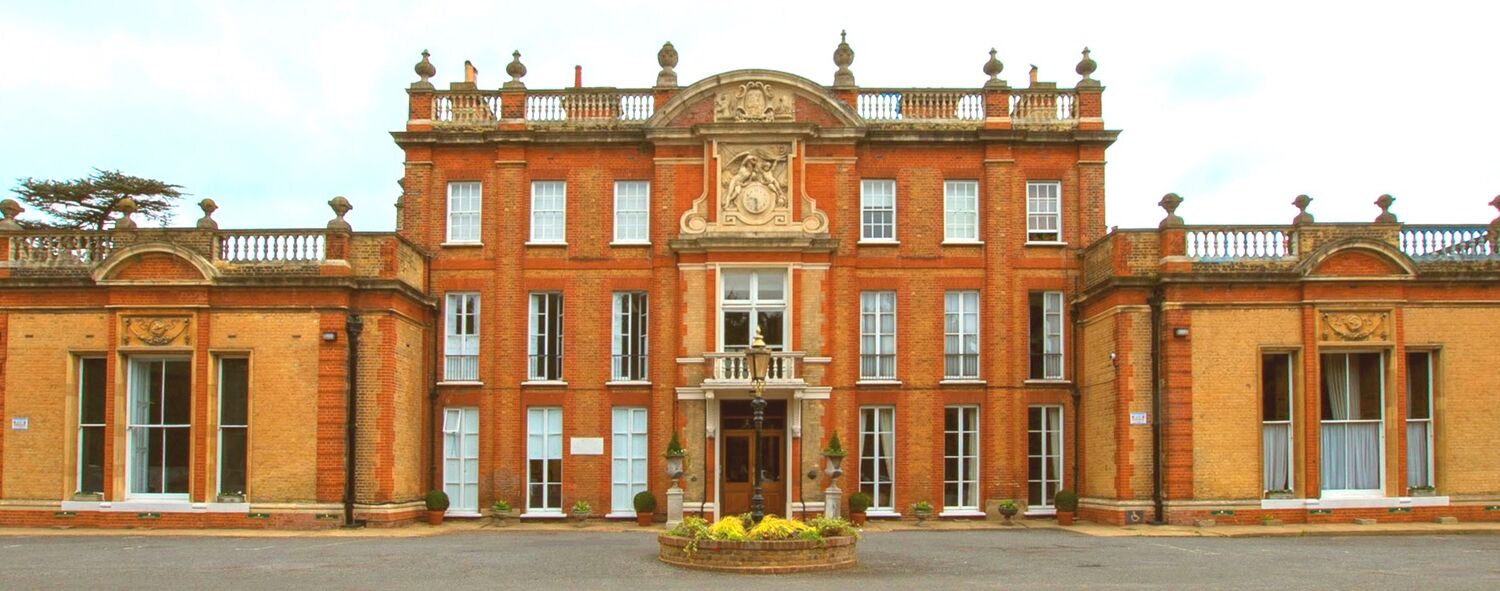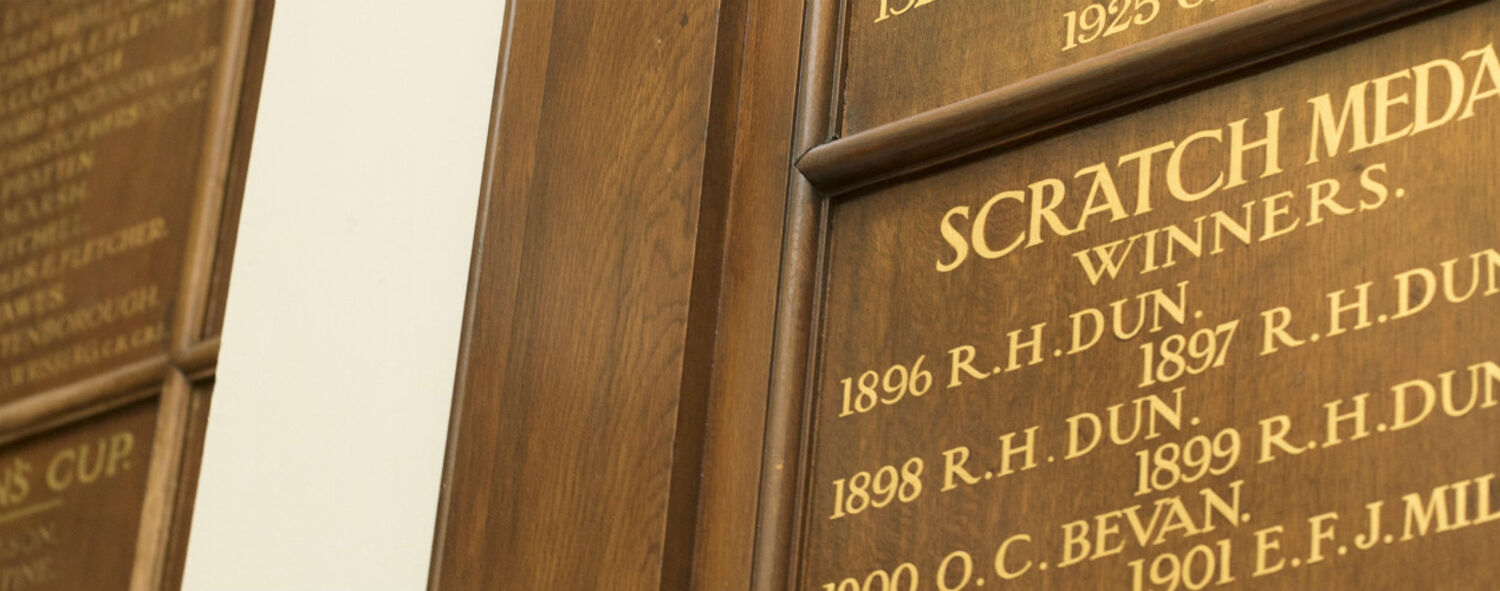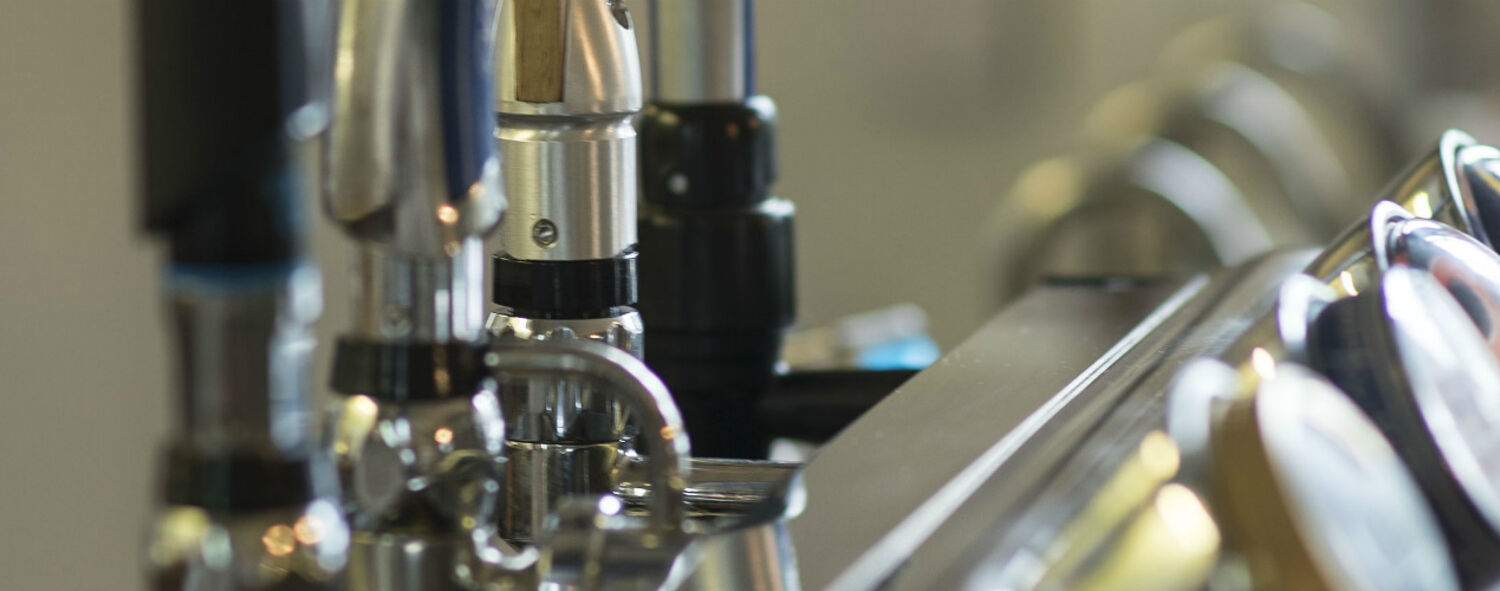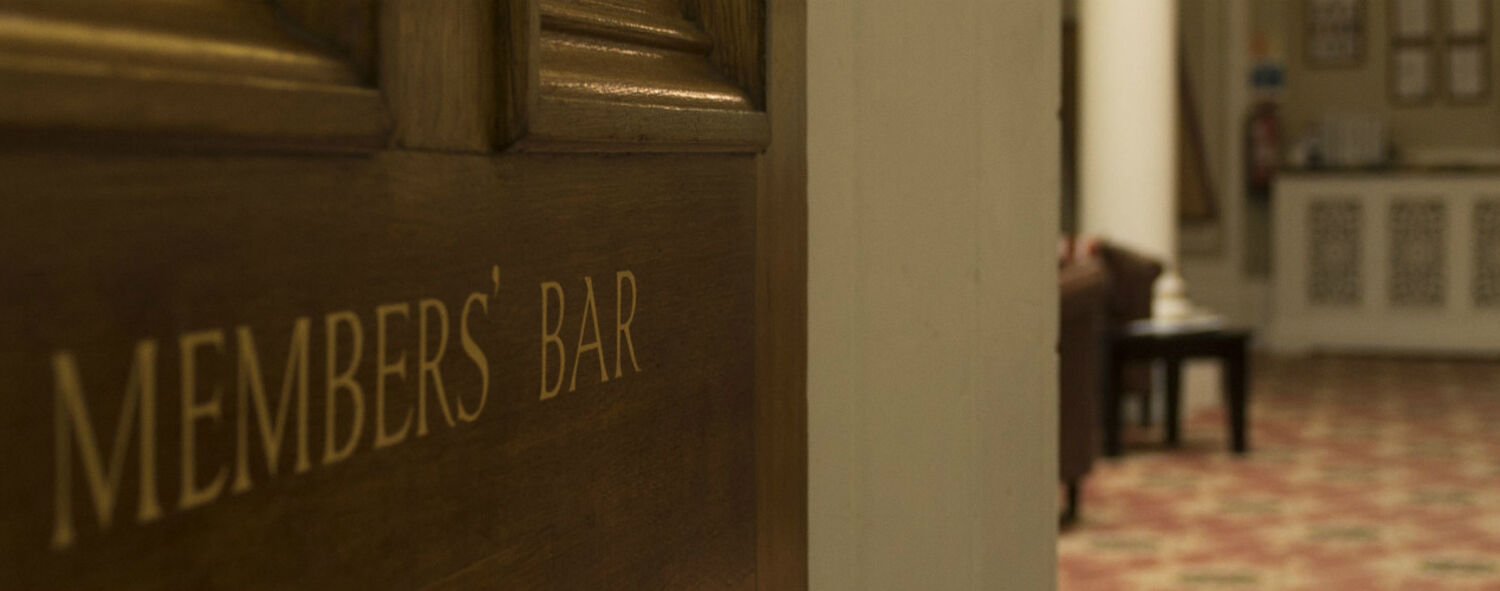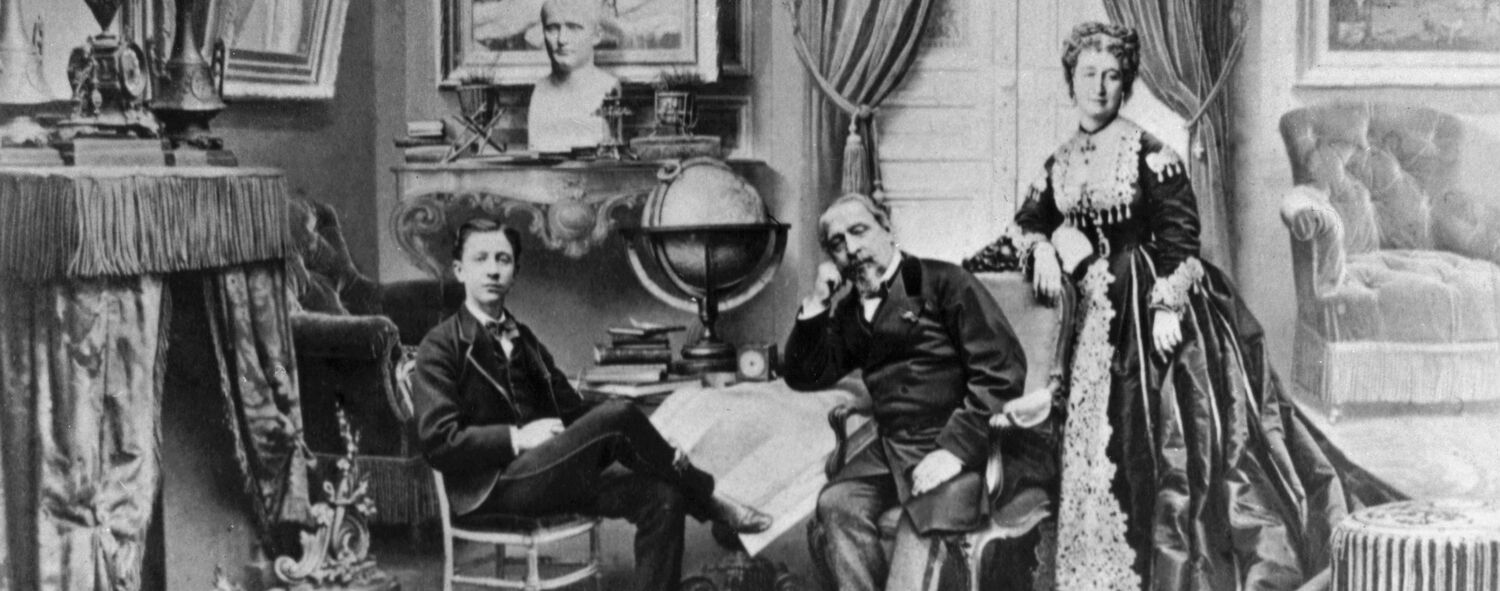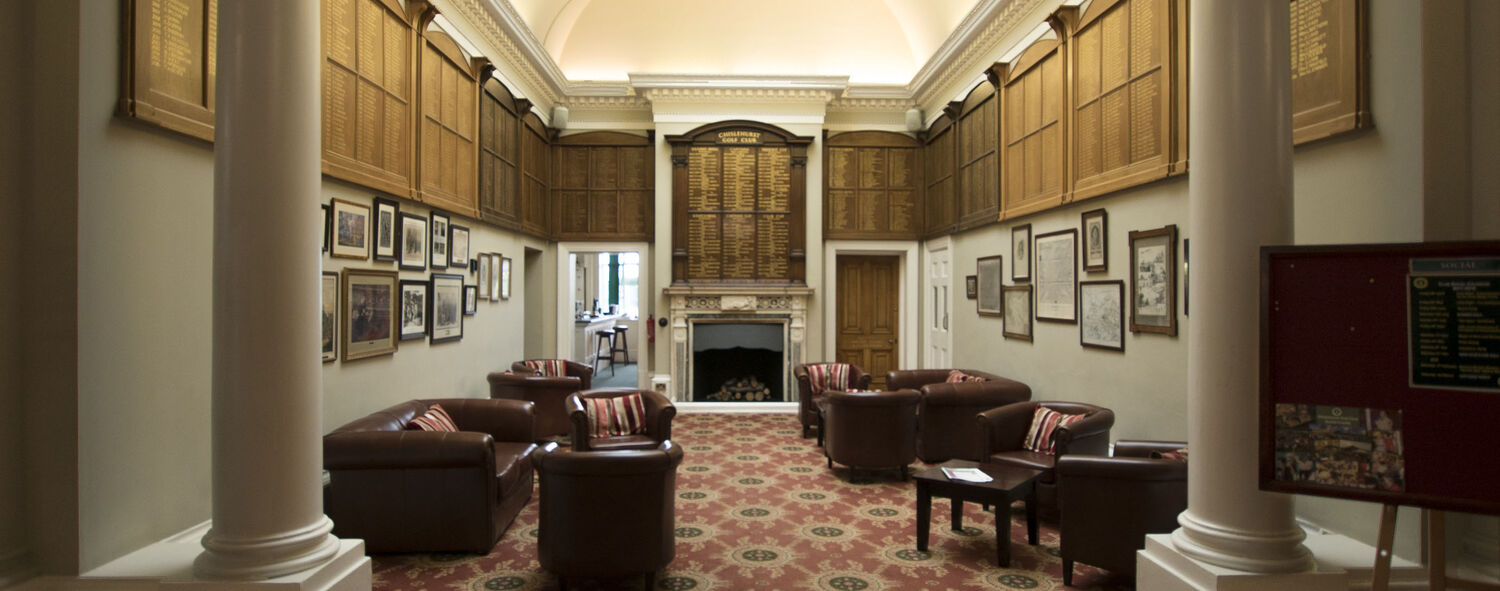
The Imperial Family: Victoria and Albert
Queen Victoria got on well with the Emperor and Empress of the Second Empire of France.
Prince Albert less so; he disliked Louis’ dalliances and preferred German contacts to those of France.
Victoria, by contrast, was good friends with Eugénie and responded well to the charms of Louis Napoleon. The French royalty had made several visits to England during their tenure in power and had been received by Victoria herself, alongside members of the British royal family. Similarly, the British royal family were well-received in France. As such, the seeds of the Entente Cordiale were already been sown and traditional hostility towards France being overcome. However, as better relations with France were developed, those with Germany worsened, especially after Prince Albert’s death in 1861 and following Victoria’s son-in-law’s appointment as Kaiser Wilhelm II, Emperor of Germany, in 1859.
When Queen Victoria visited Camden Place on 30th November 1870. It was a dull, raw, winter’s day. She wrote:
“At the door stood the poor Empress in black, the Prince Imperial and, a little behind, the ladies and gentlemen.
Everything was like a French house and there were many pretty things about.
She looks thin and pale but still very handsome.
The Prince Imperial is a nice boy but rather short and stumpy.
We stayed about half an hour. It was a sad visit and seemed like a strange dream.”
VISITORS TO CAMDEN PLACE
Meanwhile, the retinue at Camden Place continued to increase. Father Goddard, the French-speaking priest appointed to St Mary’s church, and who lunched at Eugénie’s table every Sunday after mass, wrote,
“How beautiful she must have been, with her dark eyelashes and eyebrows, Irish blue eyes and fair hair. God help her! Her kindness and affability, and her suffering, borne so patiently and cheerfully, would touch the hardest heart and have made me her slave. I would die to do her any service!”
In 1871, Paris fell. There was an armistice on 20th March.
Mr Lord, stationmaster at Chislehurst, arrived at Camden Place with a message that a special train would arrive in an hour’s time to take the Empress to Dover to meet the exiled Emperor. When he landed, it was apparent that he had grown stout and grey since his last visit to England, in happier times.
His bedroom at Camden Place had been made ready for him. It was situated next to Eugénie’s and overlooked the park. Napoleon III had a canopied bedstead in carved oak with a white satin coverlet, embroidered with golden bees and ciphers (his emblem). His study was next door. He liked the rooms to be very warm, even stuffy, something about which Queen Victoria was to complain on a later visit.
In March 1871, the Emperor visited Windsor and was met at the station by Lord Sydney of Frogmore, the Lord Chamberlain. Victoria wrote in her diary:
“I went to the door. Princess Louise and I embraced the Emperor warmly.
It was a moving moment.
The last visit had been in 1855 in perfect triumph, dearest Albert bringing him from Dover.”
Sick and aged though he was, the Emperor Napoleon III was still regarded by some women as a figure of romance. One woman sent him £500 anonymously. Another came to the house every morning with flowers for him.
The village children quickly found that this pockets were filled with pennies when he walked on the common. He took a personal interest in the games organised at the garden parties in the grounds but took little part in village life.
Louis would sometime drive to the cricket ground to watch matches there; once when a fielder saved a spectacular catch, one of the servants was sent to deliver a message from the Emperor expressing his thanks!
His favourite walk was to St Paul’s common, leaning on his wife’s arm, with his son at his side. The railway was willing to place a special train at his disposal but usually, he preferred to travel first class on the ordinary train and could be seen awaiting his train at Chislehurst station or Charing Cross.
Napoleon was popular in England. In September 1871, he travelled to Torquay with the Prince Imperial and small groups lined the track, cheering, all along the journey. The Prince wrote to his mother, then in Spain visiting her mother,
“We have been to Bath, where the Emperor was given an extraordinary ovation.
He was escorted by a crowd from the station to the hotel and from the hotel to the station with a great accompaniment of cheers and handshakes.”

